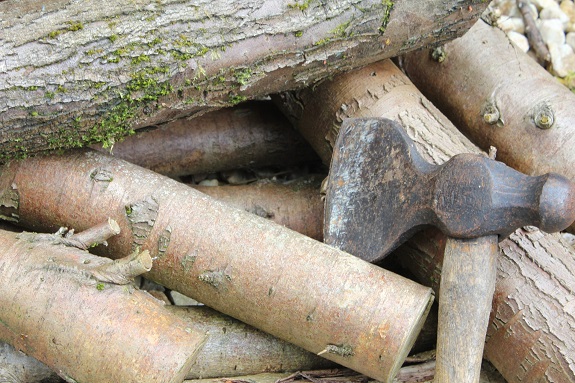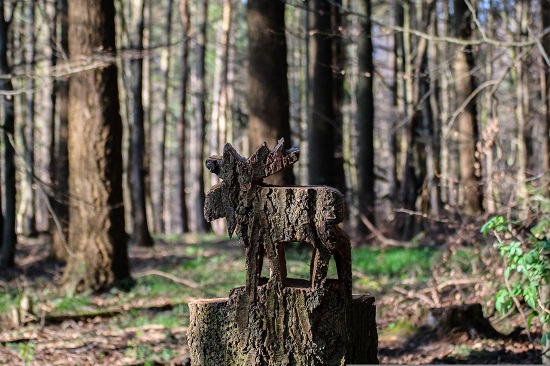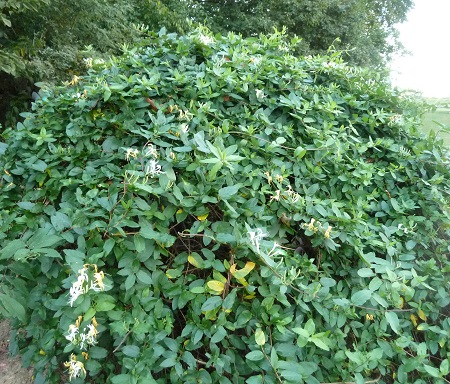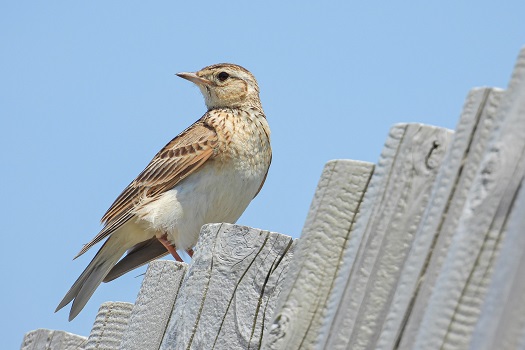Bury the Hatchet
 How I wish our world would learn to bury the hatchet. Divisions occur everywhere.
How I wish our world would learn to bury the hatchet. Divisions occur everywhere.
People have always disagreed, and that’s okay. However, why not learn to disagree agreeably? Instead, we:
- Hate
- Argue
- Gossip
- Fight
We war against one another with words and actions.
This happens among:
- Family members
- Friends
- Neighbors
- Cities
- States
- Countries
Bury the hatchet originated as a Native American tradition.
According to The Phrase Finder, “Hatchets were buried by the chiefs of tribes when they came to a peace agreement.” What a powerful symbol.
We can bury the hatchet too.
When we recognize destructive speech or behavior, we have a choice. We can follow the same pattern, or we can break the cycle.
Peace requires strength.
To choose not to harm another person or group of people calls for courage. If someone hurts us, our natural reaction is to hurt them. We are ready to lock horns. Yet, two wrongs don’t make a right. Suffering continues on both sides.
Jesus taught and lived love and forgiveness for everyone. Although not easy, that remains the only way to true and lasting peace.
“Consider the blameless, observe the upright; a future awaits those who seek peace” (Psalm 37:37 NIV).
Thanks to Ann Knowles for the suggestion. Image by Davie Bicker from Pixabay.
Do you have an expression you want explained or a thought about this one? If so, please comment below.
Subscribe to receive my weekly posts by email and receive a free copy of “Words of Hope for Days that Hurt.”
If you enjoyed this post, please share it with your friends.










